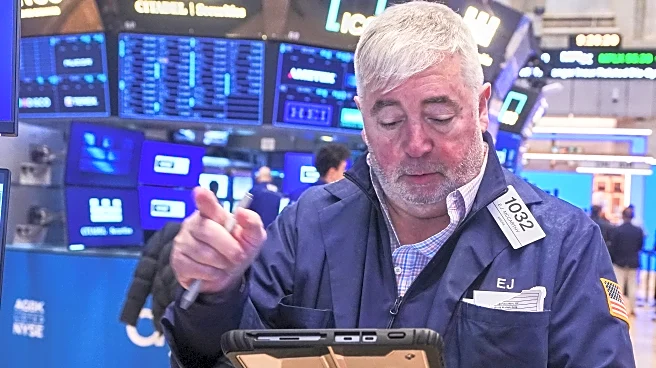What's Happening?
At the IFA 2025 tech conference in Berlin, it was evident that U.S. tariffs are affecting the availability and pricing of new tech gadgets. Many international tech companies are hesitant to ship products to the U.S. due to increased costs and regulatory challenges. Notably, DJI, known for its drones, is facing import restrictions, preventing U.S. consumers from accessing its latest products. Other companies, like Roborock and SwitchBot, are delaying U.S. launches or withholding pricing information due to the uncertain market conditions.
Why It's Important?
The tariffs imposed by President Trump are creating barriers for U.S. consumers to access innovative tech products, potentially stifling market competition and technological advancement. This situation may lead to higher prices and limited choices for American consumers, impacting the tech industry's growth and consumer satisfaction. Companies that cannot navigate these tariffs may choose to focus on other markets, reducing the U.S.'s influence in the global tech landscape.
What's Next?
Tech companies may adopt a wait-and-see approach, hoping for changes in U.S. trade policies. Some may seek alternative strategies to enter the U.S. market, such as partnerships or local manufacturing. The ongoing tariff situation could prompt discussions among industry leaders and policymakers about the future of U.S. trade relations and their impact on technology access.










